Privacy Threatened by Passing of CISPA. Now what?
Yesterday, the controversial Cyber Intelligence Sharing and Protection Act (CISPA) passed by a 248-168 vote of the House of Representatives. The bill was voted against by 28 Republicans and 140 Democrats.
What is CISPA about?
CISPA encourages Internet Service Providers (ISP’s) to share customer information with one another and with the federal government to help prevent electronic attacks from cybercriminals, foreign governments and terrorists. It allows ISP’s to bypass privacy laws and to disclose personal customer communications and information without a court order.
Furthermore, it protects ISP’s from privacy lawsuits and grants them anti-trust protection against allegations of colluding on cyber-security issues. The measure is not limited to cybersecurity, and includes “national security” as a valid reason for turning over private data.
Who is in favor of CISPA and why?
Proponents believe CISPA is a strong step toward dealing with Internet threats. Companies such as Facebook and Microsoft believe that CISPA enhances their ability to defend their networks by allowing businesses to share resources about cyber-attacks. Multiple supporters include companies such as AT&T, Verizon, IBM, Boeing, Oracle and more.
Who opposes CISPA and why?
In mid-April, a “Stop Cyber Spying” campaign was launched by advocacy groups, including the ACLU, the Electronic Frontier Foundation, the American Library Association and TechFreedom, in an attempt to stop CISPA. On April 23, a letter from multiple organizations, including the Republican Liberty Caucus urged a no vote on CISPA.
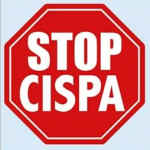 Opponents declare the measure is a potential violation of privacy for Americans. Anti-CISPA activists believe it allows private companies to send Internet users’ personal information to the federal government with minimal supervision, oversight or limits.
Opponents declare the measure is a potential violation of privacy for Americans. Anti-CISPA activists believe it allows private companies to send Internet users’ personal information to the federal government with minimal supervision, oversight or limits.
Congressman and Republican presidential hopeful, Ron Paul, claims that CISPA is the new SOPA, (Stop On-Line Piracy Act) and it represents the “latest assault on Internet freedom.” He warned that “CISPA encourages some of our most successful internet companies to act as government spies, sowing distrust of social media and chilling communication in one segment of the world economy whereAmericastill leads.”
Paul says proponents of the bill may be well-intentioned, but he believes it will unquestionably lead us towards a national security state rather than a free constitutional republic.
President Obama said that “such sharing should be accomplished in a way that permits appropriate sharing within the government without undue restrictions imposed by private sector companies that share information.”
The administration warns that CISPA lacks “sufficient limitations” in regards to the sharing of personal information between entities, and there are not enough checks in place to protect the data. Senior White House officials recommend that the President veto the bill.
What were the conditions of CISPA’s approval yesterday?
CISPA was approved by the House of Representatives with several amendments. The amendments limit the government’s use of threat information to cyber-security, investigation and prosecution of cyber-security crimes, protection of individuals from death or serious bodily harm, protection of minors from child pornography and the protection of national security. Other excluded data is personal information pertaining to tax returns, education documents and library, medical and gun sale records.
What’s next before CISPA can be approved or vetoed by the White House?
Before CISPA reaches the White House where it can potentially be vetoed, it must pass in the Democrat-controlled Senate, where it will compete with other cyber-security bills.
Is there anything I can do to help stop CISPA?
Avaaz, a global web movement to bring people-powered politics to decision-making everywhere, is attempting to get over 1 million sigantures on two petitions it originated.
- The first is addressed to Members of U.S. Congress and urges them to stop CISPA. They’ve obtained almost 800,000 signatures.
- The second is a petition urging Facebook and Microsoft to end their support for CISPA. It has obtained more than 600,000 signatures so far.
Demand Progress has initiated a petition to the Senate to halt CISPA and would like to add your name to tell the Senate to reject cyber-security legislation that doesn’t respect privacy.

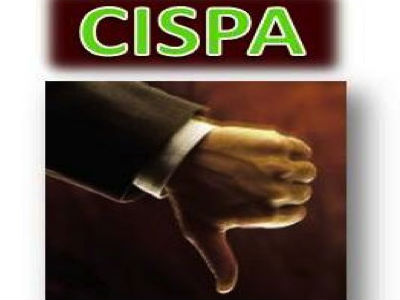
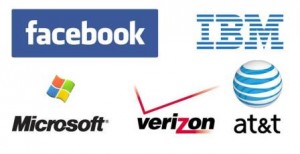

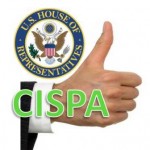
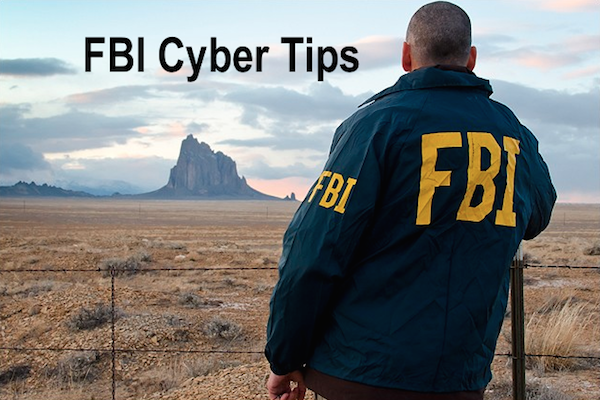
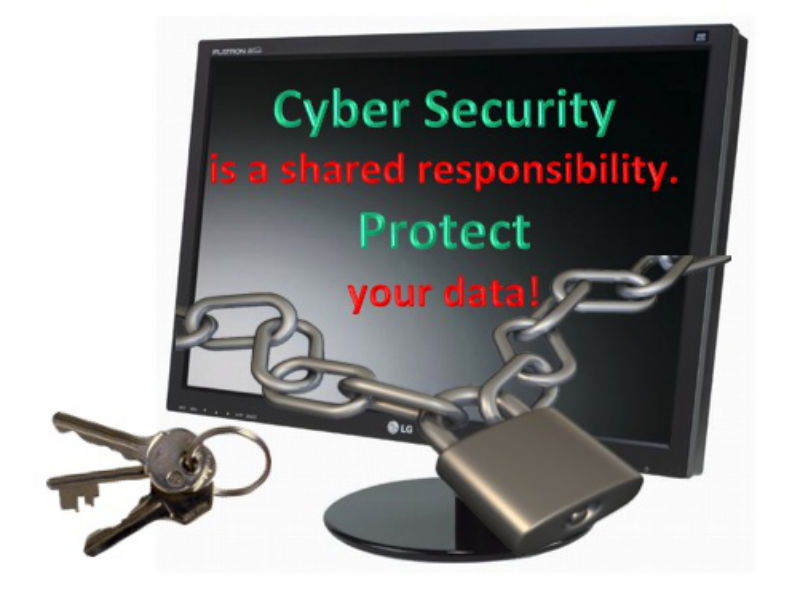
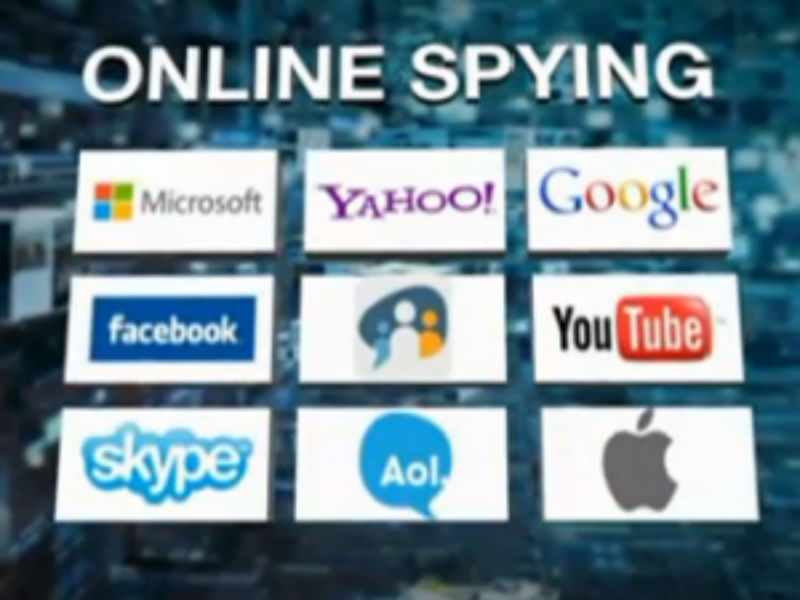

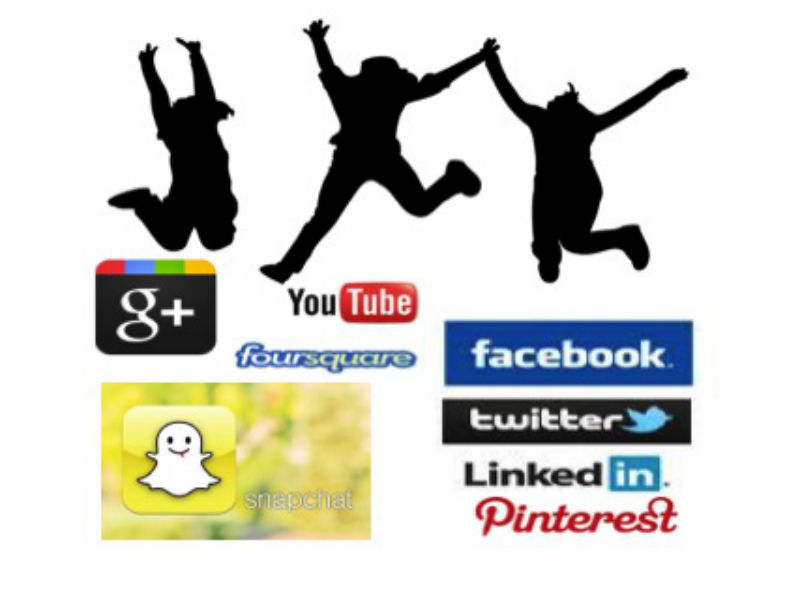





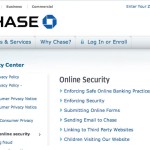
Just what exactly genuinely inspired you to write
“Privacy Threatened by Passing of CISPA. | What
Is Privacy?”? I personally really loved the blog post!
Thanks for your time -Lawerence
Thank you for your generous and kind comment, Lawerence.
No major source of inspiration for this post – simply a factual article on a current topic at the time that was relevant to the subject matter of my blog.
International times have changed as quickly as technology. It’s important we safeguard our nation, while preserving individual privacy. There are no easy answers, but I’m glad you’re bringing the subject up. Keep us posted.
Very informative Hayley. Thank you for this great article.